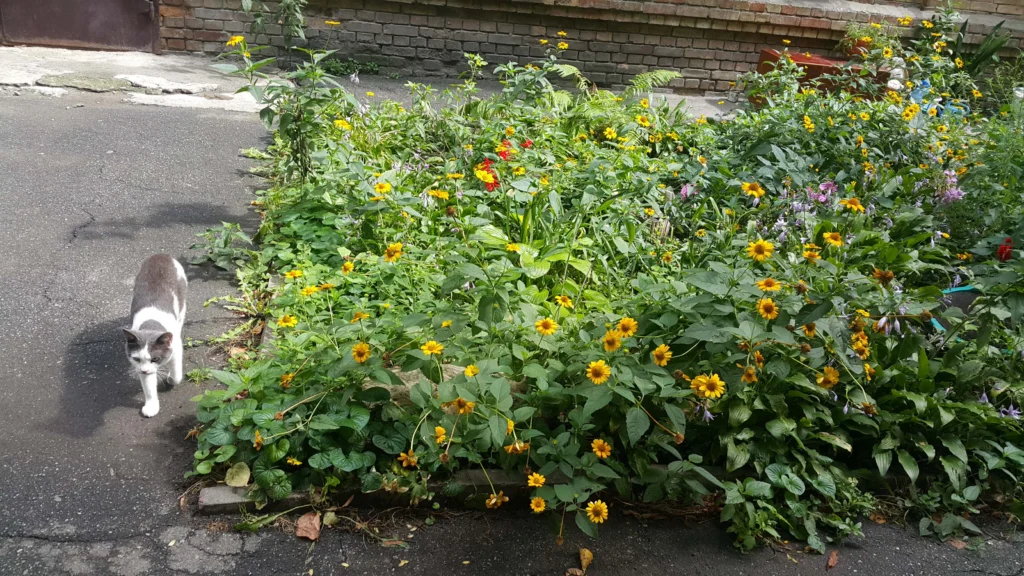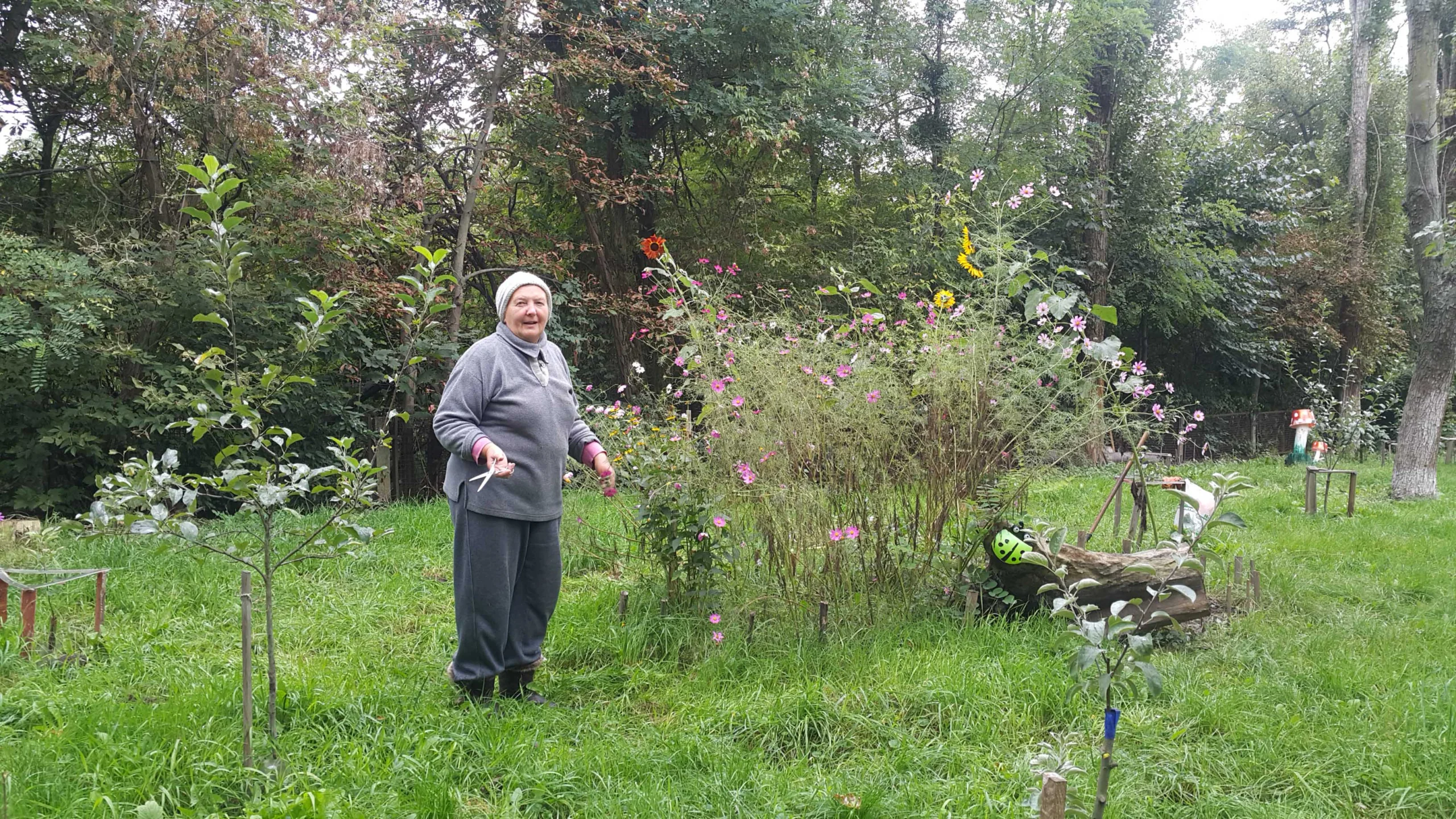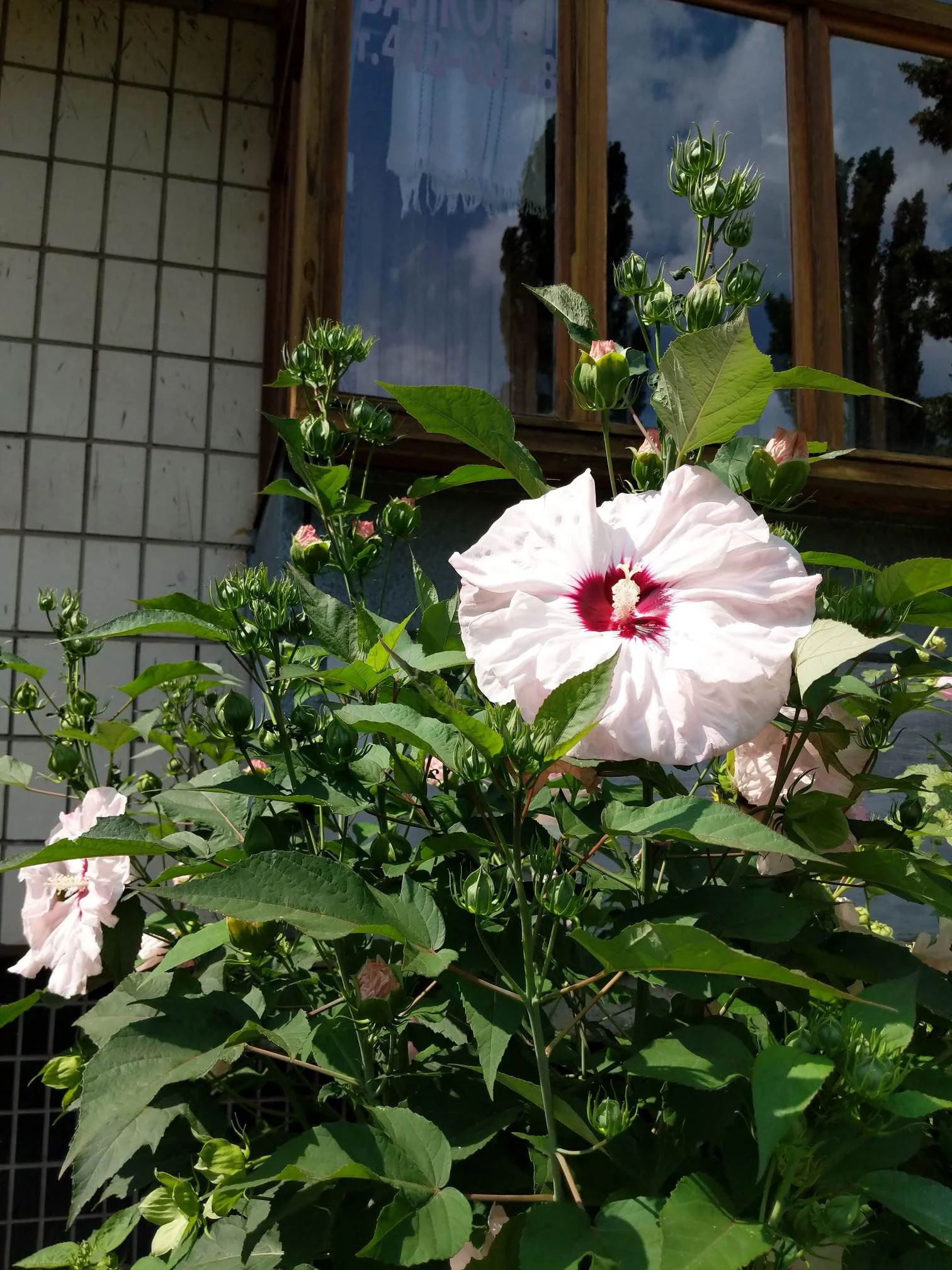TOPIC: COMMUNITY
FORMAT: publication, research
TIME: 2022
AUTHOR: Yuliia Popova
PARTNERS: Gender in the detail
After returning to Kyiv from Germany, Yuliia Popova, the urban research coordinator at METALAB, took a fresh look at front gardens in the adjacent territories. A sudden thought about who takes care of plants near houses and why people do it turned into an anthropological study of women’s practices of house gardening. In particular, it was essential for the author to explain the worth of this (often unnoticed or devalued) activity for community and space.
The author conducted a study using participant observation and unstructured interviews to understand the experiences of women caring for flower gardens in their yards. Disclaimer: Although gardening is not limited to women, typically, this practice exists within the female gender role, which has powerful emancipatory potential.
Gardening and taking care of plants in nearby areas is a way for women to be agents of change in the environment in which they live and to realize their creative vision. At the same time, this practice is also beneficial for its urban ideology.
In her research, Yuliia Popova gradually reveals the social and spatial benefits of localized care for nature by women. Through the activity of gardening, both men and women find not only comfort but also employment and socialization. They create networks of contacts through which they exchange experiences, share their practical knowledge, and influence public opinion, particularly on the threats of climate change.
At times, gardeners manage to cooperate with public utilities, and such cooperation can become points of disseminating sustainable practices from the bottom up.
The research was published on the Gender in Detail media platform, which aims to deepen understanding of gender-related issues in Ukrainian society.








